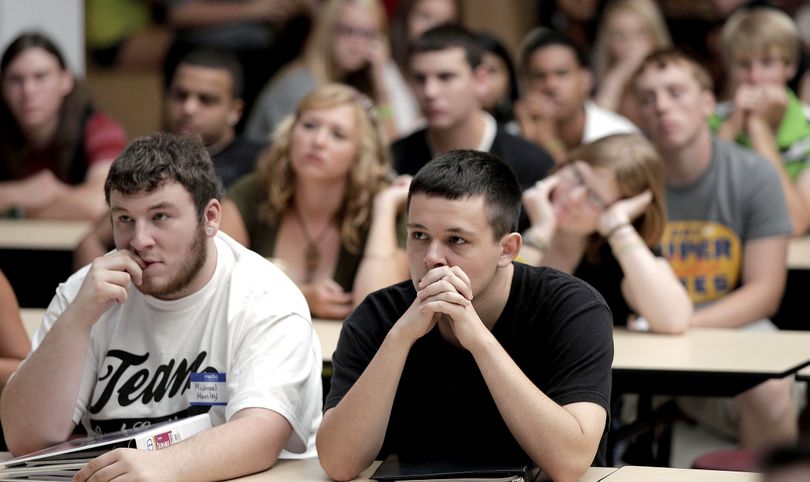Reading, Writing, Arithmetic and you

Some students take to traditional learning as easily as a fish to water – others feel like they are drowning in that water. So, how do we make learning – learning? You can make a difference.
A friend who serves on the local school board tells me that our education system is one of the few systems that has not changed in over a century. We have changed the way we conduct business in the market place, how we deliver babies, how we care for our pets, almost everything – but we still keep kids in chairs and ask them to memorize information and repeat it back in written tests or essay form. We know that people learn differently, so it is time to apply that information: kinesthetic learners need to get their bodies moving, their hands involved to learn. Auditory learners can listen to a book and retain the story easily, instead of only reading it. Some people read and listen at the same time, improving comprehension. Social learners need that group to work together on a project, instead of slogging through a project alone. As a musical/kinesthetic learner, my son memorized his address as a child when we sang the whole address. Easy.
Relationships and emotional intelligence are increasingly making their way into our education systems. And as we seek ways to prepare children for the constantly changing world we live in, we can creatively find ways to relevantly share and apply reading, writing and that often-dreaded math as well as life skills, the arts and relationships. And perhaps the most needed addition is – you.
What skills or interests can you bring to a partnership with education in your community?
(S-R archive photo)